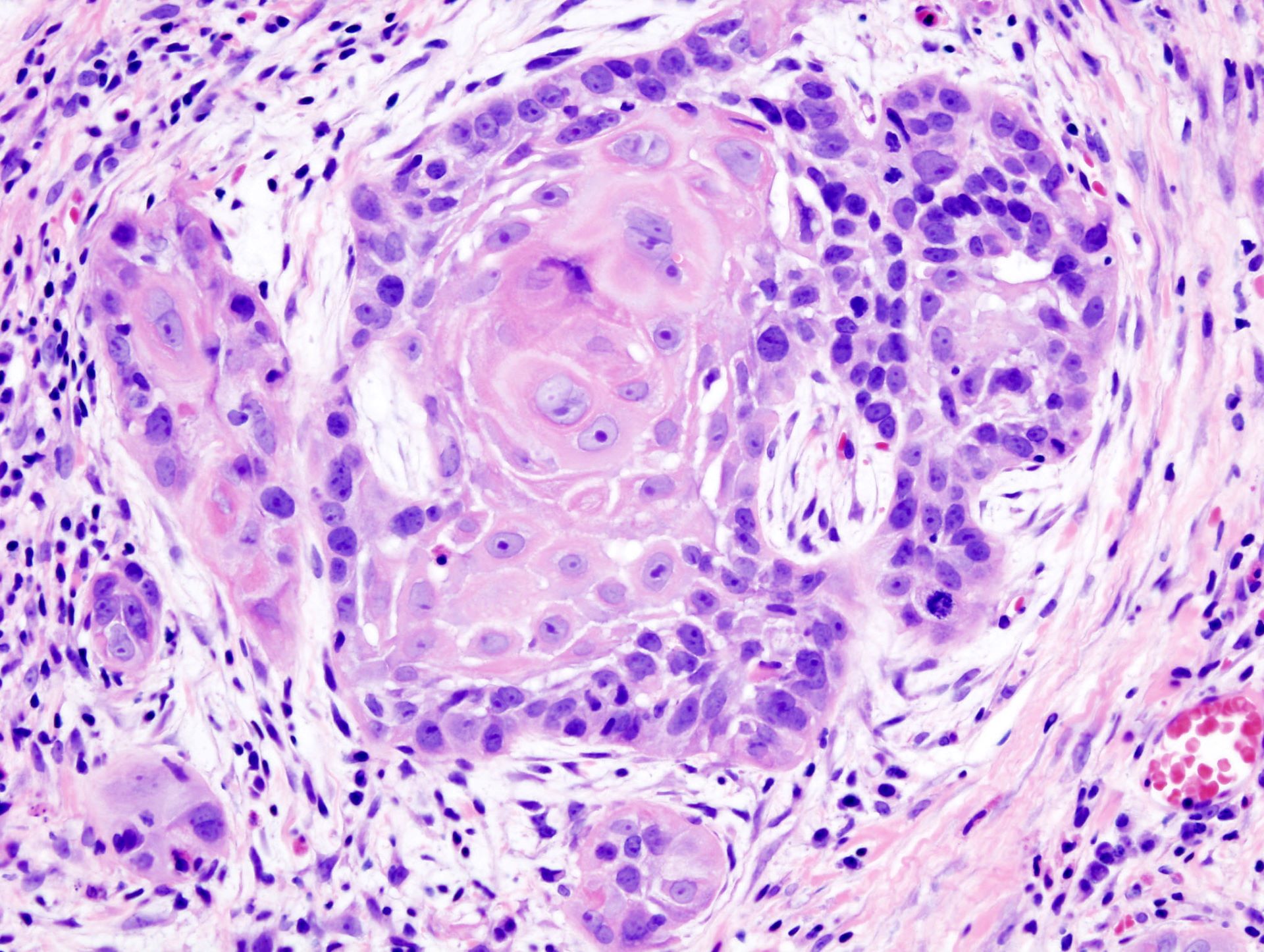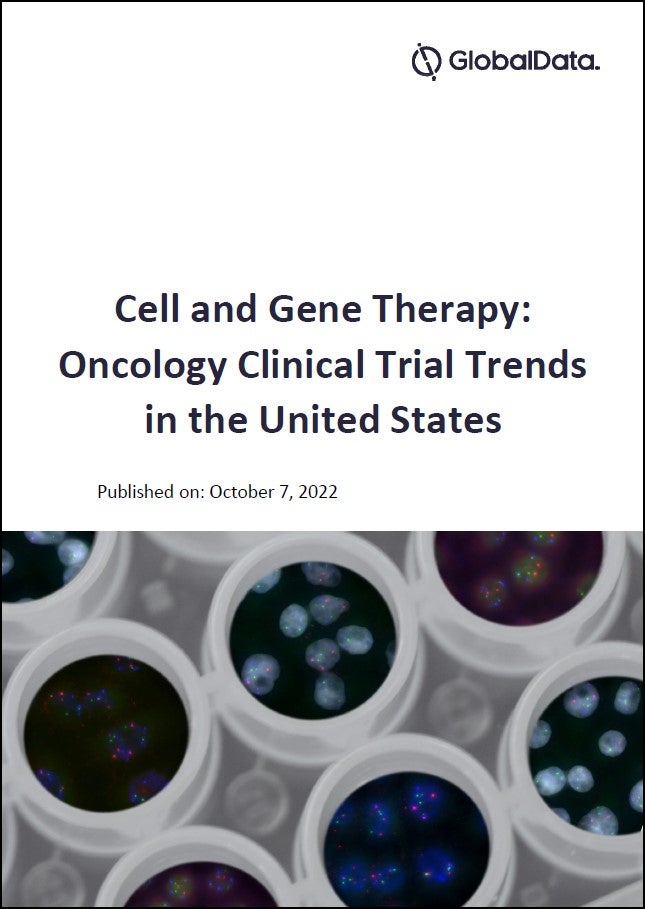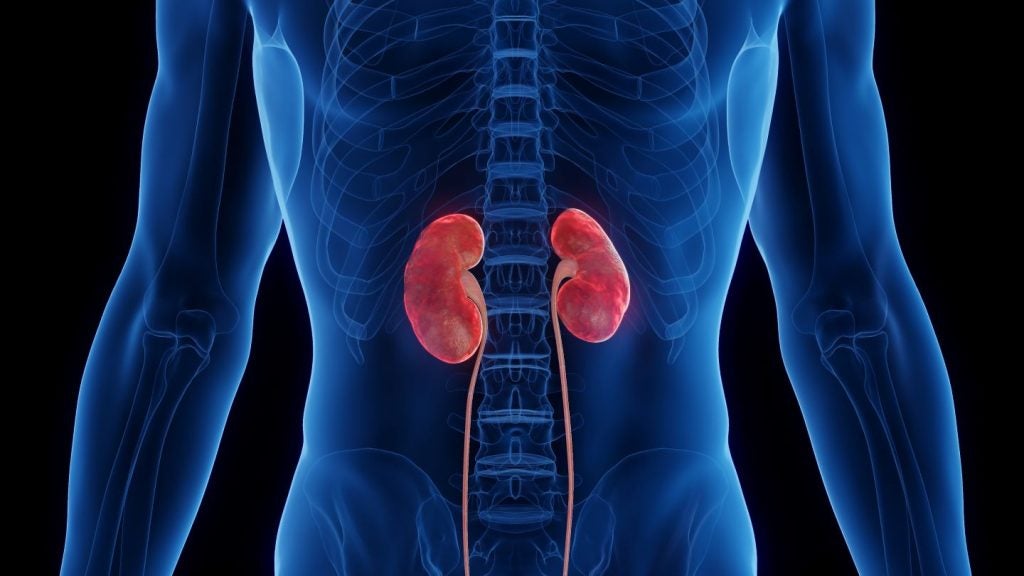
GlaxoSmithKline (GSK) has decided to stop the enrolment of patients in Phase II INDUCE-3 trial of feladilimab for PD-L1 positive recurrent locally advanced or metastatic head and neck squamous cell carcinoma (PD-L1 HNSCC) treatment.
Feladilimab is an investigational inducible T cell co-stimulatory (ICOS) agonist.
The latest move follows a recommendation from the Independent Data Monitoring Committee and will also include discontinuation of the treatment with feladilimab.
The INDUCE-3 study is evaluating feladilimab plus pembrolizumab as compared with placebo plus pembrolizumab in PD-L1 HNSCC patients.
GSK will also stop the INDUCE-4 phase II trial analysing feladilimab versus placebo plus pembrolizumab and chemotherapy.
How well do you really know your competitors?
Access the most comprehensive Company Profiles on the market, powered by GlobalData. Save hours of research. Gain competitive edge.

Thank you!
Your download email will arrive shortly
Not ready to buy yet? Download a free sample
We are confident about the unique quality of our Company Profiles. However, we want you to make the most beneficial decision for your business, so we offer a free sample that you can download by submitting the below form
By GlobalDataThe company will analyse the totality of the data for understanding the impact on feladilimab’s overall clinical development programme.
The INDUCE-3 and INDUCE-4 trials are carried out as part of an agreement between GSK and Merck.
In a separate development, RegenxBio has dosed the first patient in Cohort 3 of the ongoing Phase I/II trial of RGX-121 for treating Mucopolysaccharidosis Type II (MPS II), also known as Hunter Syndrome, in patients aged up to five years old.
An investigational one-time gene therapy, RGX-121 can potentially deliver the gene that encodes the iduronate-2-sulfatase (I2S) enzyme using the AAV9 vector.
In the open-label, dose-escalation trial being carried out at four clinical centres in the US and Brazil, three dose levels of RGX-121 administered directly to the cerebrospinal fluid (CSF) will be analysed.
Safety and tolerability of RGX-121 will form the study’s primary endpoint, while additional endpoints include the effect of RGX-121 on biomarkers of I2S enzyme activity in the CSF, serum and urine; neurocognitive development; and other outcome measures.
REGENXBIO chief medical officer Steve Pakola said: “We are pleased with our continued progress in the Phase I/II trial of RGX-121 as we increase the dose level to further our understanding of the potential treatment effects, including potential systemic benefit for patients.”
Cell & Gene Therapy Coverage on Clinical Trials Arena supported by Cytiva.
Editorial content is independently produced and follows the highest standards of journalistic integrity. Topic sponsors are not involved in the creation of editorial content.





